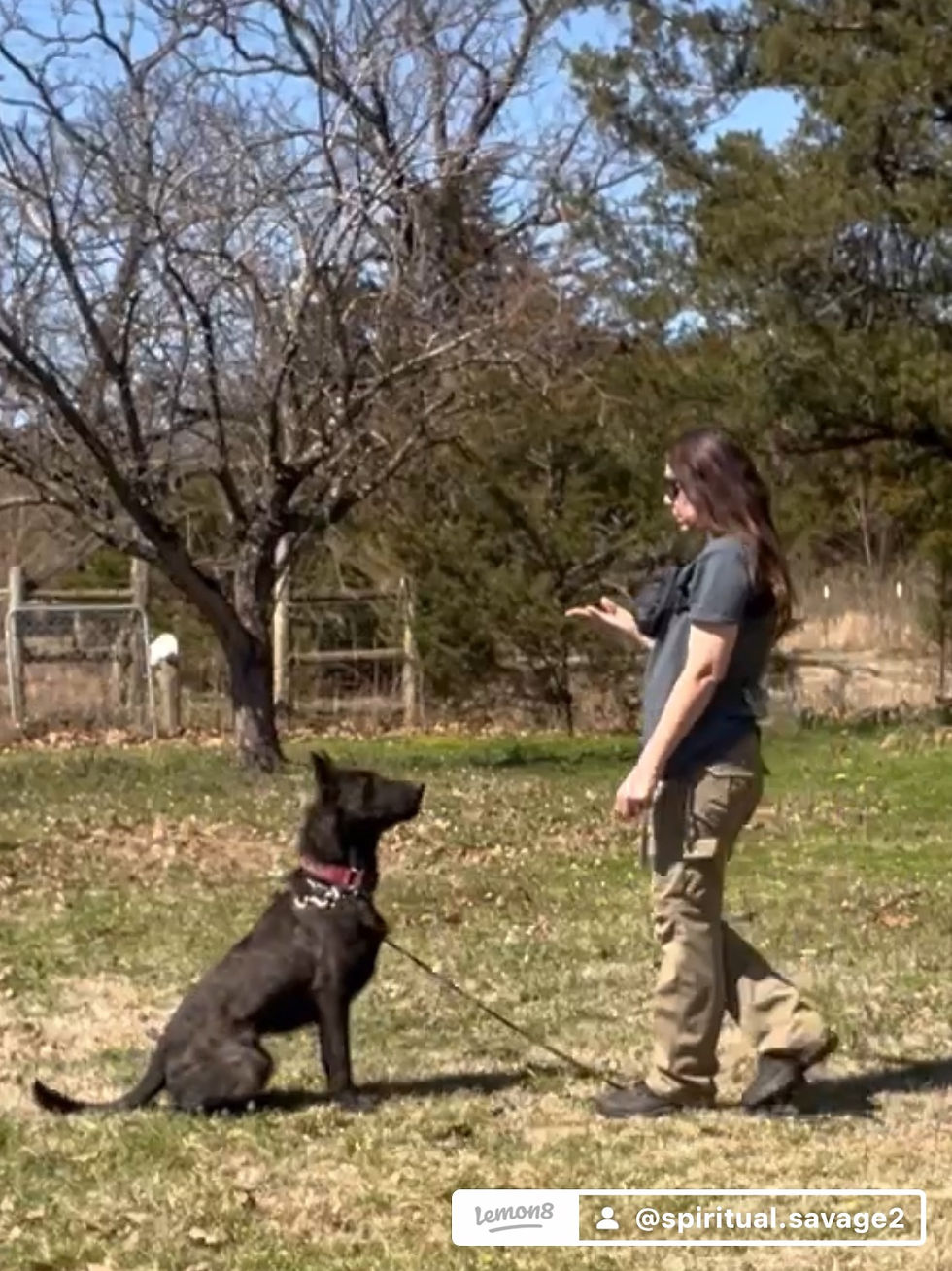The Critical Importance of TCCC/Tac Stop the Bleed Training: Protecting Families, Communities, and First Responders
- Jennifer O’Neil
- Dec 13, 2024
- 4 min read
The Critical Importance of TCCC/Tac Stop the Bleed Training: Protecting Families, Communities, and First Responders
In an emergency, seconds count. Whether it’s a car accident, an active shooter scenario, or a medical emergency, the difference between life and death can come down to how quickly and effectively someone can stop severe bleeding. Tactical Combat Casualty Care (TCCC) and Stop the Bleed training offer life-saving skills that are essential not only for medical professionals but for everyone—from your family members to community members, law enforcement, and first responders. Here’s why this training is critical for various groups:
1. For Your Family: Empowering Loved Ones with Life-Saving Skills
Accidents, sudden health issues, or violent incidents can occur at any time, and it’s essential that your family knows how to act swiftly in an emergency. TCCC and Stop the Bleed training:
Prepares family members to respond to trauma effectively, from basic first aid to advanced bleeding control.
Teaches how to use simple tools like tourniquets, hemostatic dressings, and pressure bandages to stop bleeding until professional help arrives.
Builds confidence in your family’s ability to handle high-stress situations, ensuring they’re not frozen by fear when they need to act.
In a family setting, being trained in these lifesaving skills could mean the difference between a traumatic loss and a life saved in an emergency.
2. For Your Church Community: Creating a Safe Place for Worship
Churches and other places of worship are meant to be sanctuaries, but unfortunately, they are not immune to emergencies—whether medical or violent in nature. TCCC and Stop the Bleed training for church staff, volunteers, and congregants is vital:
Equip church leaders and security teams to handle trauma-related emergencies, including active shooter scenarios, heart attacks, or serious accidents.
Promote a culture of readiness among church members, knowing that the church is not only a spiritual refuge but also a safe space in times of crisis.
Reduce the response time in emergencies, as trained individuals can take immediate action while waiting for professional medical personnel or law enforcement.
Whether responding to an accident in the parking lot or an active shooter event, TCCC training empowers your church community to protect themselves and others.
3. For Schools & Small Organizations: Protecting the Next Generation
Schools and small organizations often operate in environments where quick medical intervention can make all the difference. By training teachers, administrators, and key personnel in TCCC and Stop the Bleed:
You create a proactive environment where staff members are prepared to act in the event of a medical emergency or violent incident.
You teach how to stabilize a victim using tourniquets, pressure bandages, and hemostatic agents until professional help can arrive, increasing the chances of survival.
You foster a culture of preparedness, ensuring that school security officers, teachers, and administrative staff are prepared for any type of crisis.
In the aftermath of a traumatic event in a school or organization, a quick and well-coordinated response can minimize casualties and potentially save lives.
4. For Police, Sheriff's Departments, and First Responders: Enhancing Operational Efficiency
For law enforcement and first responders, TCCC and Stop the Bleed training is not just beneficial—it’s essential. Officers and responders are often the first on the scene of a crisis, and their ability to administer immediate care can have a profound impact:
Officers trained in TCCC can quickly stop bleeding from gunshot wounds, stabbings, or accidents, making them better equipped to preserve life in hostile situations.
Enhanced trauma care skills for police and sheriff’s deputies can bridge the gap between the moment of injury and the arrival of paramedics or EMTs, especially in active shooter situations or mass casualty events.
First responders with Stop the Bleed training are empowered to control severe bleeding, ensuring that victims have the best chance of survival while waiting for advanced medical care.
In high-risk law enforcement and emergency response roles, being trained in trauma care saves lives—both for officers and for civilians they serve.
5. For the Community as a Whole: Building a Resilient Society
Training in TCCC and Stop the Bleed isn’t just about responding to crises—it’s about creating a resilient community that can face the unexpected with preparedness and confidence. Whether in schools, churches, families, or small organizations, the widespread adoption of these skills can:
Significantly increase survival rates by empowering individuals to take control during critical moments.
Create a culture of mutual aid, where communities look out for each other and everyone plays a part in safeguarding lives.
Minimize trauma impact by preventing unnecessary deaths or complications while waiting for professional help to arrive.
Conclusion: Life-Saving Skills for Everyone
TCCC and Stop the Bleed training is not just for medical professionals—it’s for anyone who wants to be prepared to save a life in the critical moments following an emergency. Whether you're at home, at church, at school, or in a workplace, these life-saving techniques can help you respond with calm and competence, making all the difference in the world.
The reality is that emergencies happen without warning. Training in TCCC and Stop the Bleed ensures that you, your family, your community, and even your first responders are ready to respond effectively, with the confidence and skills necessary to save lives in those crucial first moments. Be prepared. Be the difference.






Comments